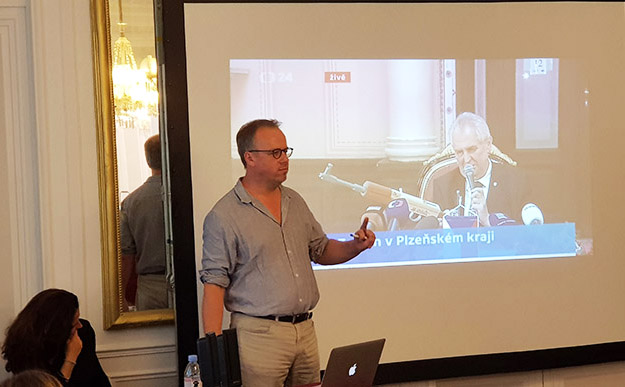 |
| A
bloodied Papuan student attacked during yesterday's December 1 Free
West Papua rally in Surabaya, Indonesia. Image: Human rights sources |
By Tony Firman of Tirto in Surabaya
A protest action by the Papuan Student Alliance (AMP) in Indonesia’s East Java provincial capital of Surabaya yesterday demanding self-determination for West Papua has been attacked by a group of ormas (social or mass organisations).
Police later raided Papuan student dormitories in the evening and detained 233 students in a day of human rights violations as Indonesian authorities cracked down on demonstrations marking December 1 – “independence day”, according to protesters.
The group, who came from a number of different ormas, including the Community Forum for Sons and Daughters of the Police and Armed Forces (FKPPI), the Association of Sons and Daughters of Army Families (Hipakad) and the Pancasila Youth (PP), were calling for the Papuan student demonstration to be forcibly broken up.
READ MORE: Surabaya counterprotest, 300 arrested in West Papua flag demonstrations
“This city is a city of [national] heroes. Please leave, the [state ideology of] Pancasila is non-negotiable, the NKRI [Unitary State of the Republic of Indonesia] is non-negotiable”, shouted one of the speakers from the PP.
At 8.33am, a number of PP members on the eastern side of Jl. Pemuda began attacking the AMP by throwing rocks and beating them with clubs. Police quickly moved in to block the PP members then dragged them back.























